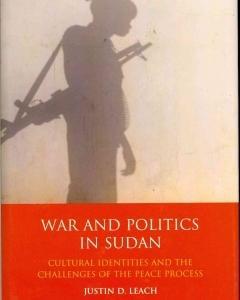
War and Politics in Sudan: Cultural Identities and the Challenges of the Peace Process
Author/editor: Leach, J.D.
Year published: 2012
On 9 July 2011, South Sudan became an independent state after more than half a century of civil conflict wrought with human rights abuse. Indeed, the post-colonial history of Sudan has been characterised by two Civil Wars spanning almost two decades each: the first from 1955-1972 and the second…

The Afghanistan conflict and Australia's role
Author/editor: Saikal, A
Year published: 2011
"The volume tackles a number of critical dimensions of the Afghan conflict from a range of perspectives. It essentially explains the nature and complexity of the conflict at national and international levels. It makes a critical assessment of the performance of President Hamid Karzai and his…
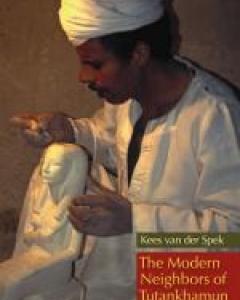
The Modern Neighbors of Tutankhamun
Author/editor: van der Spek, K.
Year published: 2011
A historical–anthropological study of the people who lived in the antiquities precinct of Luxor’s West Bank Until their recent demolition, the colorful mud-brick hamlets of al-Qurna village, situated among the Noble Tombs of the Theban Necropolis on the Luxor West Bank, were home to a vibrant…
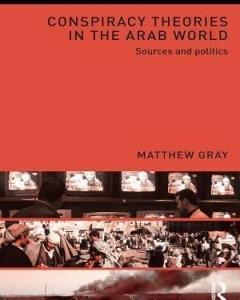
Conspiracy Theories in the Arab World: Sources and Politics
Author/editor: Gray, M
Year published: 2010
Conspiracy theories, while not unique to the Middle East, are a salient feature of the political discourses of the region. Strongly reflecting and impacting on state-society relations and indigenous impressions of the world beyond the region, they affect how political behaviour within and among the…
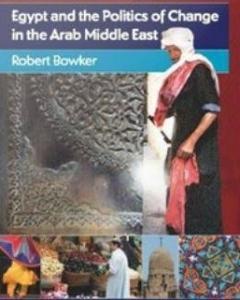
Egypt and the Politics of Change in the Arab Middle East
Author/editor: Bowker, Robert
Year published: 2010
Egypt and the Politics of Change in the Arab Middle East is a forward-looking analysis of the relationship between economic and political reform in Egypt, and of the evolving nature of Arab society and political culture both in Egypt and elsewhere.
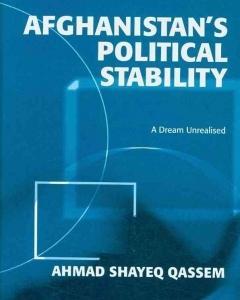
Afghanistan's Political Stability: A Dream Unrealised
Author/editor: Qassem, A. S.
Year published: 2009
Political stability has been a central theme of policy for all governments and political systems in the history of modern Afghanistan. Since its inception in the mid-nineteenth century, the country experimented with a diverse succession of political systems and state ideologies matched by few other…
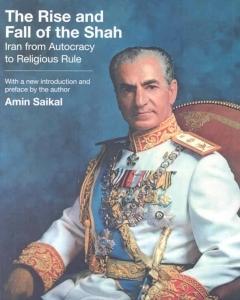
The Rise and Fall of the Shah: Iran from Autocracy to Religious Rule
Author/editor: Saikal, A
Year published: 2009
On November 4, 1979, when students occupied the American Embassy in Tehran and subsequently demanded that the United States return the Shah in exchange for hostages, the deposed Iranian ruler's regime became the focus of worldwide scrutiny and controversy. But, as Amin Saikal shows, this was far…
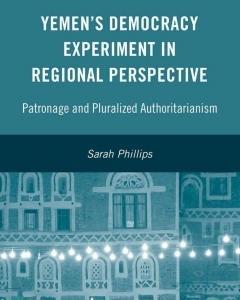
Yemen’s Democracy Experiment in Regional Perspective
Author/editor: Phillips, Sarah
Year published: 2008
This study examines the nature of changes to Yemen's power structures, political dynamics and institutions since the intention to democratize was announced in 1990 paying particular attention to the role of Yemeni President Ali Abdullah Saleh.
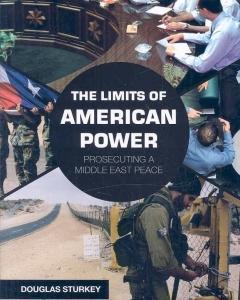
The Limits of American Power: Prosecuting a Middle East Peace
Author/editor: Sturkey, Douglas
Year published: 2007
The Limits of American Power discusses how any country, including the US, has a range of instruments, short of force, at its disposal by which it may project power in pursuit of its diplomatic objectives. The use of the instruments is subject to domestic and international constraints and,…
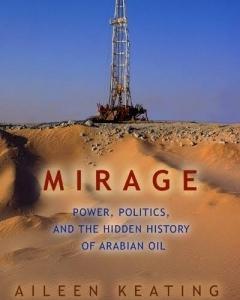
Mirage: Power, Politics, And the Hidden History of Arabian Oil
Author/editor: Keating, Aileen
Year published: 2005
At the close of World War I, the great oil reserves of the Arabian Peninsula lay hidden beneath the desert sands. Westerners dismissed today’s opulent Gulf States as little valued back lots among the rich real estate that made up the British Empire. Although the British adeptly appropriated the…